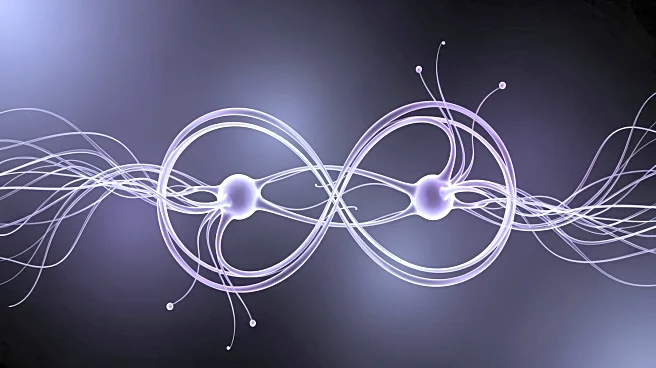What's Happening?
A study published in JNeurosci has explored how brain activity influences the perception of lies, particularly when communicated by friends. Researchers used neuroimaging to observe brain activity in 66 healthy adults who interacted through computer screens.
The study found that brain synchrony and reward expectations can make lies from friends surprisingly convincing. Participants were more likely to trust false information during 'gain' situations, which corresponded with activation in brain regions that process reward, assess risk, and interpret others' intentions. The study highlights the complex interplay between social cognition and the brain's response to deception, especially in interpersonal relationships.
Why It's Important?
The findings of this study have significant implications for understanding social interactions and the cognitive processes involved in deception. By revealing how reward-driven thinking and interpersonal connections influence the perception of honesty, the research could inform strategies for improving communication and trust in personal and professional relationships. It also underscores the importance of considering the psychological and neurological factors that affect decision-making and social behavior, potentially leading to better approaches in fields such as psychology, neuroscience, and even marketing.
















